Why Trian DuPont Plan Really Needs A Strong Push
E. I. du Pont de Nemours & Company, commonly referred to as DuPont (NYSE: DD), is facing a number of critical challenges: management has missed guidance for 3 years in a row; revenue growth and margins are underperforming peers; its dividend growth rate continues to lag; divisional R&D efforts and investments appear to be still ailing (~$5 billion of Agriculture R&D has led to no traits of significance except for $2.2 billion in litigation costs); and there seems no end in sight for the self-induced 16-year long state of perpetual transformation of its business portfolio. These are grievous internal challenges that will stay with the company if left unchallenged.
As obvious as the challenges are, the solutions are less clear. In the past you would have looked at management or the Board of Directors for solutions. But despite an experienced management team and accomplished Board of Directors who are cognizant of DuPont‘s persistent underperformance, it seems unlikely that they alone will be able to address these challenges. Instead, the critical resource to formulate effective strategic solutions appears to be a veteran team of business leaders who have realized that DuPont needs a change in strategy. This is good news for DuPont and its long-term investors.
Trian vs DuPont Plan
With less than a month until a shareholder vote on nominees to DuPont’s board put forth by Trian Fund Management and activist investor Nelson Peltz, major institutional shareholders are stepping in to pre-empt a costly and disruptive proxy fight over the Trian vs DuPont plan. For its part, Trian Fund Management is known to consistently and purposefully avoid proxy contests, preferring a more collaborative approach to dissipating valuable time and resources.1 DuPont sees things differently.
When it comes to public and investor relations, activist investors tend to be accused of short-termism. Trian is no exception.
Critics of the Trian vs DuPont plan point out that since becoming the CEO of DuPont in January 2009, Ellen Kullman has reshaped the company’s portfolio to focus on its high-growth, high-margin businesses.
Their case rests on the fact that DuPont sold its performance coatings business to a private equity investor and is in the process of spinning off its performance chemicals business as Chemours, arguing that these actions provide a clear strategic focus in three high-tech businesses: advanced materials, bio-based industrials, and agriculture/nutrition. The problem with this argument is that even DuPont management appears to have lost confidence in the company’s current strategy and long-term value. In the case of DuPont CEO Ellen Kullman, she has already sold a majority of her shares in the company, sending DuPont shareholders a strong signal that she doesn’t have a firm belief in future growth. The reality, however, is DuPont can be great again through a new and more collaborative approach.
“The reason the company can’t hit its numbers is because of a very bloated, expensive, bureaucratic holding company that is choking the underlying businesses.” – Ed Garden, Co-Founder & CIO of Trian Fund Management
The blindness to changing market dynamics and competitive positioning should not be surprising. Periods of profound change are always characterized by resistance and uncertainty. And while Trian may not be able to provide all the solutions in isolation, the firm’s principals are shifting attention in the right direction, which hasn’t gone unnoticed by institutional investors. “We think the board needs to make decisions in the boardroom to maximize value. Trian brings one perspective for them,” said Aeisha Mastagni, an investment officer for California State Teachers’ Retirement System.
The Trian vs DuPont plan isn’t a Trian vs DuPont strategy. The Trian vs DuPont plan is about addressing the critical issues that DuPont is facing in a collaborative and constructive way by building bridges vs burning bridges. In many ways, the current disagreement over the Trian vs DuPont plan is essentially a disagreement over lack of interest vs alignment of interest.
Trian vs DuPont Plan Facts
The true picture of DuPont’s profitability is obscured by the complexity of the company’s operational structure and the many asset sales and special charges that it has taken in recent years. Trian, for its part, has published two detailed white papers, two open letters to DuPont’s board and two shareholder letters to address the issues.2
Proposals included in the Trian vs DuPont plan and at Trian’s proxy campaign website focus on operational improvements and reevaluating DuPont’s corporate structure, capital allocations and corporate governance. The key issues that are put up for consideration by DuPont shareholders through the Trian vs DuPont plan include the following:
- Excessive Corporate Costs: Estimated by Trian to be around $2-$4 billion, including approximately $907 million of publicly disclosed unallocated corporate expenses
- Disparate Business Portfolio: Renders DuPont management team incapable of meeting its own guidance
- Lack of Accountability: Leads to below-peer organic revenue growth and margins in most business segments
- Poor Corporate Governance: Results in above-target compensation for poor results, continued earnings misses and an obfuscation of performance
- Poor Capital Allocation: Diminishes ROIC and limits TSR over time
While DuPont management may disagree, both the recent past and DuPont’s current earnings report indicate that DuPont continues to underperform on key peer metrics despite significant capital investments. As it stands, DuPont management expects its operating EPS for the year to be at the low end of its previous guidance range of $4-$4.20.
As shareholders gather on May 13 for DuPont’s Annual Meeting, there is little doubt that the outcome of the shareholder vote is important to the future of DuPont. In bringing its Trian vs DuPont plan to the forefront, Trian is investing in a more constructive and collaborative strategy that gives DuPont the opportunity it deserves to rediscover its true potential. The question is, will their fellow DuPont shareholders do the same.
Disclosure: Ertan Enginalev does not own shares of DuPont, personally or through WSD entities, nor does he have any business relationships with the companies mentioned in this article.
Update: Nominees put forth by Trian Fund Management were not elected to the DuPont Board at the company’s Annual Meeting. DuPont shares are down more than 6 percent following the announcement of the shareholder vote results.
Footnotes
- The firm pursued only one other proxy contest since its inception ten years ago, managing to reach a mutual agreement with the company in the 12 other situations where it requested board representation.
- The firm adopted a similar approach in 2006 during its proxy contest with the H. J. Heinz Company.

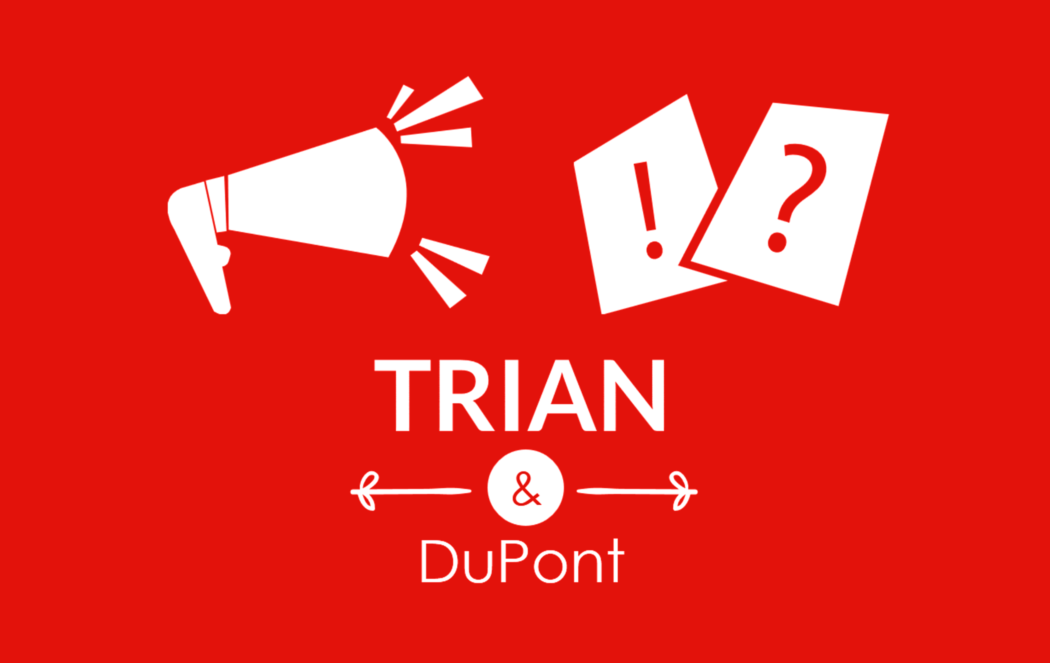
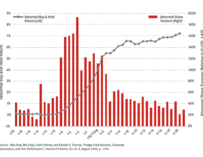
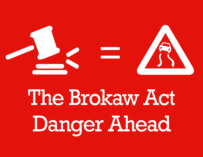

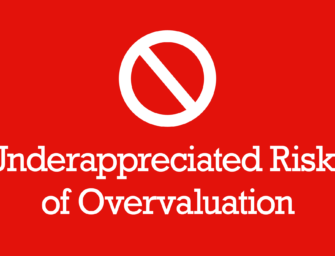

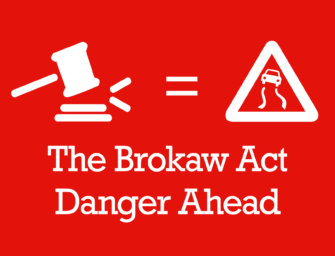
Related Articles